Victory for wildlife in Malaysia river region
Posted on Tuesday, May 23rd, 2017
The Kinabatangan River in Sabah, Malaysia, and its surrounding forest compose a critically important habitat for wildlife. As the second longest river on the island of Borneo, the region has some of the island’s highest concentrations of wildlife: from the saltwater crocodiles that find sanctuary in the river’s swamps to Asian elephants, proboscis monkeys, clouded leopards and Bornean orangutans that call coastal areas home.
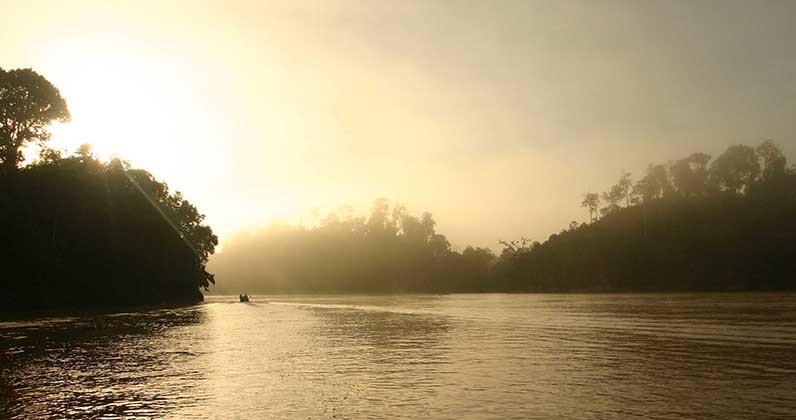
The region has been under the threat of a controversial plan to build a bridge over the river. Some local communities were lobbying for the bridge, which would cut down journey times and allow access to more remote villages. Conservationists in Malaysia and around the world, however, had been warning that construction of the bridge could harm wildlife and increase deforestation and poaching. The bridge would be built over the Lower Kinabatangan Wildlife Sanctuary, spelling disaster for its inhabitants.
The recent news that this plan has been scrapped is a major victory, and a major relief. Conservationists around the world have spoken out in support of the Sabah state government’s decision to value wildlife and wild habitat over unsustainable development.
As conservationists and scientists, we are thrilled by this news, not just because, well – it’s great news, but also because of Cleveland Metroparks Zoo’s connection to the area through a long-standing relationship with the Kinabatangan Orangutan Conservation Project. The KOCP has been working to study and protect wildlife in Sabah with support from Cleveland Metroparks Zoo and Cleveland Zoological Society for 17 of its 20 years in operation.
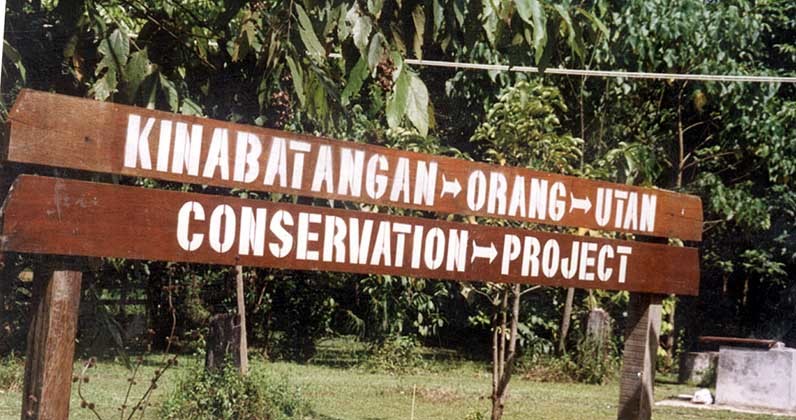
What began as a (relatively) simple goal to study orangutan adaptation to habitat disturbance became a much greater effort in conserving critical secondary forest habitat and threatened wildlife, building capacity for conservation work, and addressing the palm oil crisis.
The unsustainable palm oil industry has resulted in devastating deforestation in Malaysia. The critically endangered orangutan has lost 80% of its habitat in the last 20 years. Also threatened by the palm oil crisis, Bornean elephants and sun bears are endangered and threatened, respectively.
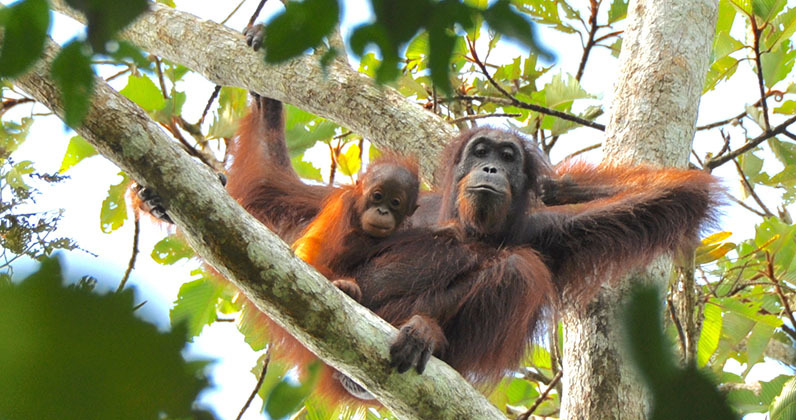
Working in collaboration with the Sabah Wildlife Department, the KOCP fosters harmonious relationships between people and orangutans, and promotes local socio-economic development compatible with habitat and wildlife conservation. A community-based approach means that local people are an integral piece of conservation programs, and therefore are better able to see tangible benefits from conservation efforts.
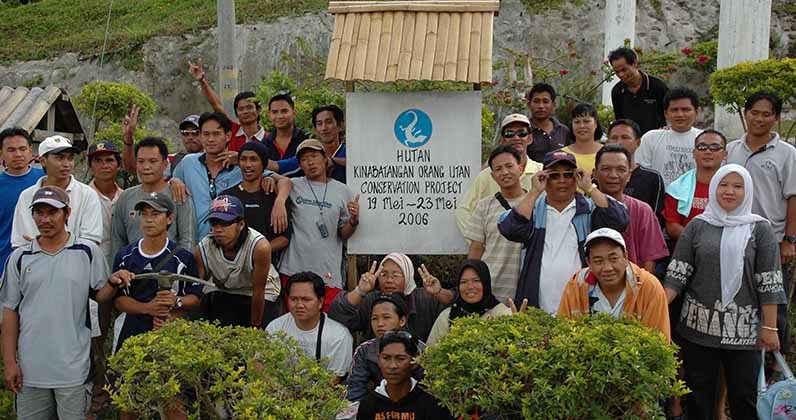
Marc Ancrenaz, Director of KOCP, is a Future for Wildlife field partner and has visited Cleveland Metroparks Zoo many times to share his work. His commitment to seeking holisticsolutions to complex conservation issues makes him a visionary leader for KOCP and a hero for orangutans and the Lower Kinabatangan Wildlife Sanctuary as a whole.
Read more about our Future for Wildlife partners here.
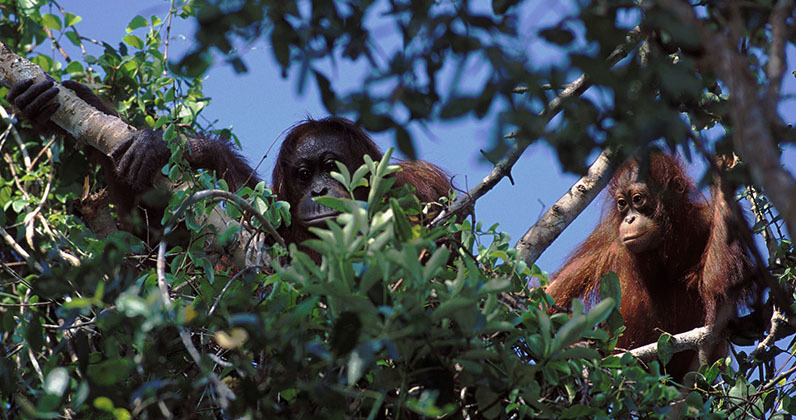
Photos courtesy of the Kinabatangan Orangutan Conservation Project





